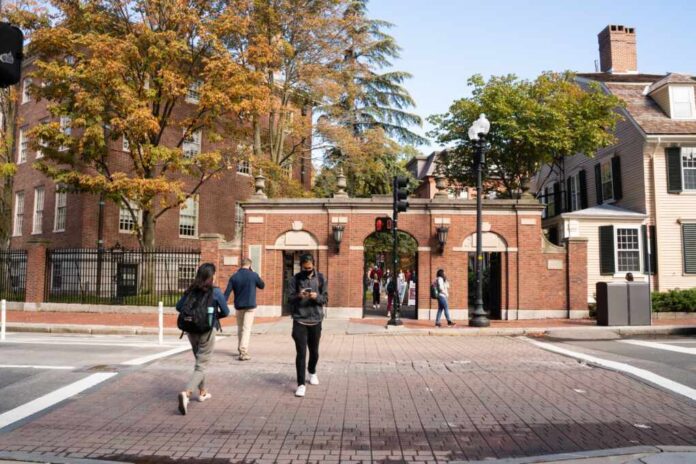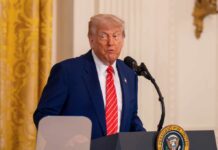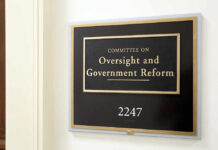
In a nation where freedom and security constantly collide, the battle over visa revocation for Harvard’s international students ignites a fierce debate about First Amendment rights and national safety.
At a Glance
- Federal judge blocks Trump’s ban on Harvard’s international student visas.
- Judge Burroughs highlights potential First Amendment violations.
- Harvard claims retaliatory government action against it.
- Debate on national security vs. free speech intensifies.
Legal Struggle over Student Visas
A federal judge extended a temporary injunction barring the Trump administration from revoking visas of international students at Harvard University. US District Judge Allison Burroughs cited potential “immediate and irreparable injury” to students who rely on their student visas to continue their education. The injunction emerged as part of a broader legal struggle between Harvard and the Trump administration, a situation already marred by previous confrontations. The legal implications are mounting as this case could reshape national immigration policies.
The university argues that the administration’s actions represent “a government vendetta against Harvard,” accusing officials of using national security as a pretext. Judge Burroughs’ order prevents enforcement of President Trump’s proclamation, allowing Harvard to retain enrollment of its international students while legal proceedings continue. The educational institution had previously filed lawsuits to prevent these actions, seeking to preserve its academic and cultural integrity. The court decisions have brought temporary relief amid heightened tensions.
Balancing Freedom with Security
President Trump, citing national security, justified the visa revocations by accusing Harvard of withholding information and alleged ties with foreign nations. “I have determined that the entry of the class of foreign nationals described above is detrimental to the interests of the United States because, in my judgment, Harvard’s conduct has rendered it an unsuitable destination for foreign students and researchers,” a statement of President Trump read.
“I have determined that the entry of the class of foreign nationals described above is detrimental to the interests of the United States because, in my judgment, Harvard’s conduct has rendered it an unsuitable destination for foreign students and researchers” – President Trump
The administration’s depiction of the campus environment as a security threat stems from pro-Hamas protests, yet Harvard disputes such claims and frames the situation as a deeper ideological clash. The university emphasizes the importance of academic freedom and contends that the government’s actions undermine these values. The ongoing legal jousting epitomizes the complex dance between safeguarding free expression and ensuring domestic security—challenges ever-present in today’s polarized political spectrum.
Implications for the Future
The ruling by Judge Burroughs might set a precedent, potentially shielding universities from similar federal interventions. The case could fundamentally affect not just immigration policy but also the broader dynamics of academic freedom, as universities worldwide observe these developments keenly. With Harvard persisting in its legal challenges and the administration standing its ground, the outcome remains uncertain, reflecting broader ~issues~ emerging from the collision of open educational environments and national directives.
“a government vendetta against Harvard” – Harvard’s lawyers
The broader educational and political landscape is on tenterhooks, as the fate of Harvard’s international students symbolizes pivotal questions about America’s role as a leader in global education. As the legal proceedings unfold, institutions and policymakers alike continue to grapple with maintaining America’s longstanding tradition of welcoming foreign scholars against ever-evolving security concerns.

























